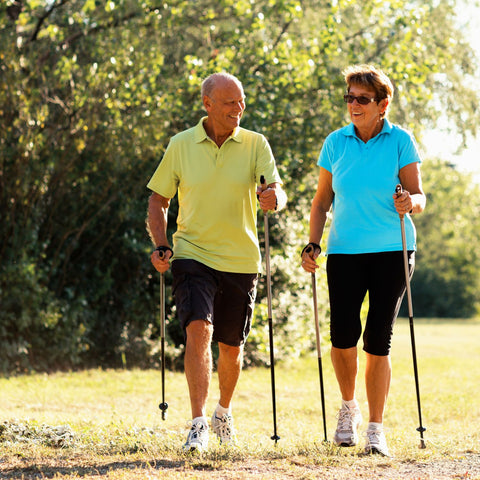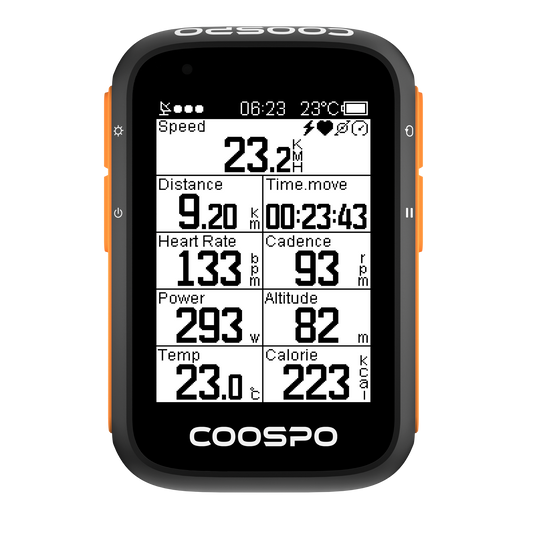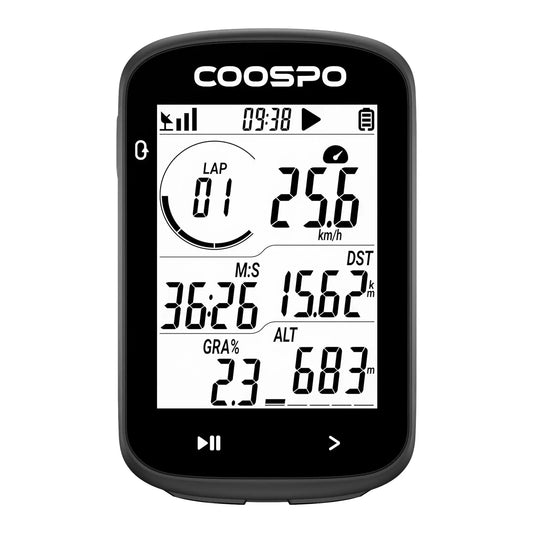What Happens to Your Body When You Walk 10,000 Steps Per Day
Walking is the simplest way for humans to move. Before we had animals or machines to help us travel, walking was the only option we had.

The idea of walking 10,000 steps a day has become popular thanks to fitness trackers and wellness programs. It encourages people to stay active. But what does this goal really mean for your health, and is it the right target for everyone? This article looks at the physical, mental, and practical effects of walking 10,000 steps each day.
The Significance of 10,000 Steps a Day
Many people know that walking 10,000 steps a day is a great health goal, but few understand where that number comes from or if it really suits them.
The idea of walking 10,000 steps started as a marketing gimmick for a pedometer in Japan in the 1960s. However, research has shown that walking more can be good for your health. Studies from the National Institutes of Health (NIH) and Harvard University indicate that walking regularly—whether it's 8,000 or 10,000 steps—can help reduce the risk of death and serious health issues like heart disease and cancer.
Although it’s not an absolute benchmark for everyone, aiming for more steps improves overall health and longevity compared to a sedentary lifestyle.
Cardiovascular Benefits
Walking regularly is good for your heart. It can lower blood pressure, improve blood flow, and cut the risk of heart disease. Studies show that people who walk 8,000 steps or more each day can lower their chance of dying from heart disease by up to 50% compared to those who walk less. Walking is a great exercise that makes your heart stronger, helps your blood vessels, and improves cholesterol levels.

Even at moderate intensities, walking lowers inflammation and helps prevent the buildup of arterial plaque, thereby protecting the heart and vascular system.
With consistent walking, you will notice the effort seems easier, and you can go for longer periods or at a higher intensity without feeling as winded. Some people can even train to work while walking on a treadmill desk.
Impact on Mental Wellbeing
Walking every day can help improve your mood and make you feel better mentally. For those dealing with depression, anxiety, or stress, walking is a great way to support healing. It helps release endorphins, which can lower stress, anxiety, and depression.
Walking has been shown to help reduce symptoms of depression with outdoor walking, especially in green or blue spaces, providing an even greater impact. Moreover, increasing your exposure to sunlight can help ease depression in many people, including those with seasonal affective disorder (SAD).

According to mental health studies, moderate walking can enhance cognitive functions by promoting better sleep, reducing fatigue, and enhancing concentration. Walking in green spaces is especially effective for alleviating stress, improving mood, and promoting mental clarity.
Strengthening Muscles and Bones
Walking serves as an excellent means of cultivating lower-body strength, engaging the muscles of the legs, hips, and core. Additionally, it enhances bone strength by promoting increased bone density, making it particularly effective in preventing osteoporosis and fractures among older adults. As a low-impact, weight-bearing exercise, walking is accessible and suitable for individuals across a wide spectrum of fitness levels, minimizing the risk often associated with more intense physical activities.

Walking on stairs or hills can help improve muscle tone, while longer walks boost endurance and balance. This makes walking a great exercise for keeping your muscles and bones healthy. Weight-bearing activities like walking can also strengthen bones and increase bone density. It’s important to remember that doing resistance training and eating a diet rich in vitamins, minerals, and protein can also help strengthen bones.
Risks and Considerations
Walking is usually safe, but there are some risks to keep in mind. Walking long distances without good shoes or enough water can cause blisters, tired muscles, or joint pain.
It is crucial to acknowledge that targeting 10,000 steps may not be suitable for everyone. Research indicates that the health benefits of walking tend to plateau between 7,500 and 8,000 steps for many individuals, particularly older adults. This suggests that achieving fewer steps can still provide significant health advantages without imposing undue strain.
Of course, properly hydrating yourself, fueling your body with nutrient-rich foods, and getting adequate sleep will all help you avoid overdoing it and support recovery. Walking rest days are unnecessary, but you may wish to keep steps lower on some days if you feel overworked.
Tailoring the 10,000-Steps Goal
The optimal number of steps you should aim for can vary daily, weekly, or monthly, influenced by several key factors, including your fitness level, age, weight, personal goals, and overall physical activity habits. Each individual's journey necessitates a tailored approach, reflecting these diverse elements to achieve the ultimate in health and well-being.
For beginners or individuals with mobility challenges, starting with smaller goals—like 5,000 to 7,000 steps per day—can be a more manageable approach. Fitness expert I-Min Lee emphasizes that smaller increments of increased activity, such as adding 2,000–3,000 steps daily, are often enough to improve health metrics over time.
Prioritizing consistent physical activity over rigidly adhering to specific numerical goals is crucial. Gradually elevating step counts serves as a sustainable method for integrating movement into daily routines without overwhelming oneself. This approach not only fosters a more enjoyable experience but also cultivates lasting habits that promote overall well-being.

Many things can change how intense your walk is, like your heart rate and how many calories you burn. You can choose a heart rate monitor to calculate them, it is convenient and comfortable. But if setting a specific step count helps you build a walking habit, then aiming for 10,000 steps is a great goal!
Strategies for Incorporating Walking Into Your Lifestyle
To reach 10,000 steps or other personalized goals, consider the following strategies:
Track Your Progress: Use a pedometer, fitness tracker, or smartphone app to monitor your step count and set daily or weekly goals.
Incorporate Walking into Routine Activities: Park farther away from entrances, take the stairs, or walk during lunch breaks to accumulate steps throughout the day.
Explore Nature Trails or Parks: Walking outdoors is more engaging than sticking to a treadmill, making it easier to stay motivated.
Find a Walking Buddy: Walking with a friend or joining a walking group adds a social element, which can increase commitment.
Set Small Milestones: Break down the goal into smaller segments, such as 2,500 steps in the morning, afternoon, and evening.
Conclusion
In summary, walking 10,000 steps a day offers numerous physical and mental benefits, but it’s not a rigid requirement for everyone. While striving for higher activity levels is beneficial, studies suggest that moderate goals—like 7,500 or 8,000 steps—can also provide substantial health benefits. The key is to stay active consistently and adapt goals to suit individual needs. Whether your target is 5,000, 10,000, or beyond, regular walking can lead to a healthier, happier lifestyle.
Tracking your effort with tools like the Coospo heart rate monitor can help ensure you're walking at an optimal intensity for cardiovascular health and endurance. Monitoring your heart rate allows you to adjust your pace and maximize the benefits of every step, whether you're on a casual stroll or aiming for a high-intensity walk.











